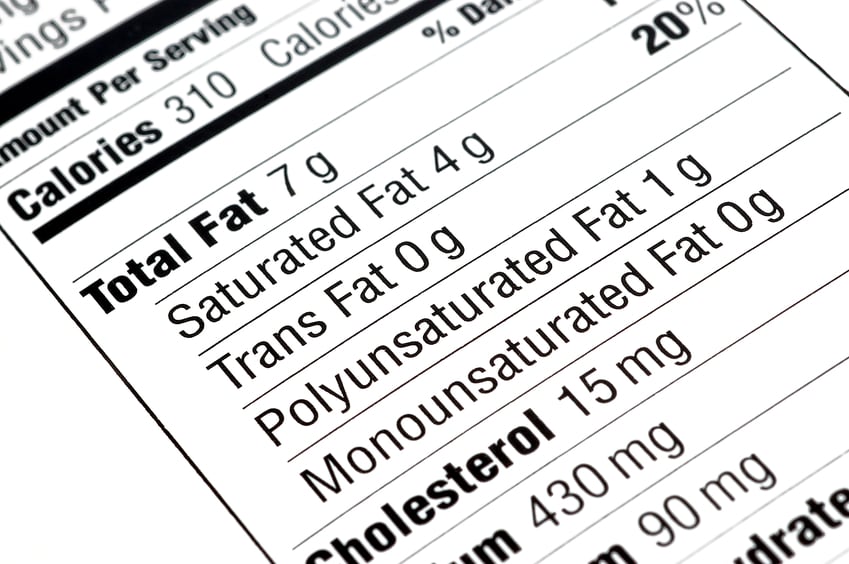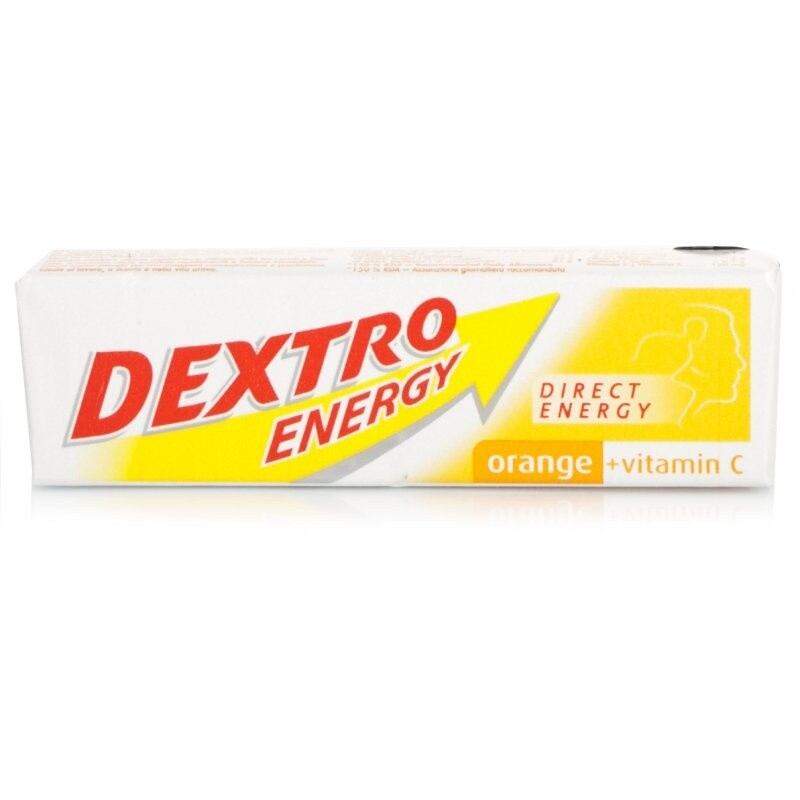Head of the Commission's DG SANTE food legislation unit, Alexandra Nikolakopoulou, confirmed last week it had begun work on the evaluation of the need for nutrient profiles as part of its REFIT (Regulatory Fitness and Performance Programme) mission to cut red tape where possible.
Talking at a European Food Safety Authority’s (EFSA) meeting in Brussels last week she said the findings would be published next year, which would then be followed by another Commission report on possible options for a way forward.
This will, of course, take years. A decade of delay shows just how complex this issue is.
Needless to say bureaucracy is a necessary evil for any functioning democracy. Opinions must be gathered and weighed from the EU’s 28 member states (for now Britain remains) and as a non-elected entity the Commission must not overstep its mark.
Yet if the EU powers-that-be need evidence that the nutrient profiles are necessary for the proper functioning on the 2006 nutrition and health claims regulation (NHCR) – a key question being asked as part of the initial report – then they need look no further than a plenary vote in Strasbourg tomorrow.

Members of the European Parliament (MEPs) will vote on a motion to veto four caffeine claims, which seemed set to finally pass into EU law books after years of public health concerns were put to bed by an EFSA risk assessment.
This is a clear-cut example of why the Commission must push forward and set nutrient profiles.
Nutrient profiles - if based on sound science - would cut a line between the science and the politics.
Drawing a line
The science from EFSA says the caffeine claims are solid for efficacy and safe in dosage. The politics says the claims could be used to create ‘health halos’ on sugary energy drinks.
An appropriate nutrient profile on sugar would send a clear message: the science is solid, but you can only make use of it on certain products.
Sounds fair. Public health must come first if we are to stand a chance in reducing Europe's obesity and overweight problem, which stands at around 40% and 60% for women and between 50% and 70% for men.
Without this line, we see debates such as that in the Environment and Public Health Committee (ENVI) last month, when it was unclear whether the main justification for a veto of the claims was concern about caffeine or sugar content or just energy drinks in general. (What about sugar-free energy drinks? One MEP queried.)
What’s worse is that the Commission – which failed to establish the profiles as part of the NHCR by its long-gone deadline of 2009 – seems to be in

agreement on this.
In the heated debate with ENVI MEPs Nikolakopoulou said she "could not agree more that if we had nutrient profiles we would not be having this discussion now” however "controversy" among stakeholders had derailed the initiative.
Asked at the NDA meeting this week if this caffeine situation was not evidence enough that the nutrient profiles were indeed needed, Nikolakopoulou said she could see this logic but the decision could not come from the Commission.
Her frustration was clear.
See you in court
And it’s not surprising. It’s arguable the profiles could have saved the Commission from a run in with German firm Dextro Energy, which took the Commission to EU court over the ban of five of its glucose health claims.

The claims were deemed scientifically sound by EFSA but unacceptable by member states who feared they would confuse consumers over appropriate sugar consumption.
While the Commission eventually won the case in March this year, the four-year fallout will no doubt have come with a hefty price tag in terms of time, resources and therefore money for both the Commission and the company.
Nutrient profiles would save member states and the Commission time squabbling, but it would also mean greater certainty for the industry. That certainty may be a barrier for industry, but at least it would be a barrier visible from the outset.
If you plan on using this health claim on X, Y or Z product, don’t bother filing it.
Until these nutrient profiles are set – which of course is no easy task considering healthy but high fat foods like full fat milk – the waters are muddy and open to political vagaries, which is not good for anybody: the industry, the consumer or the institutions.
Nikolakopoulou said last week the time for action on nutrient profiles had come.
But a few more years of reports about the need for reports doesn’t seem like action to me.
So, to be continued (again)…
